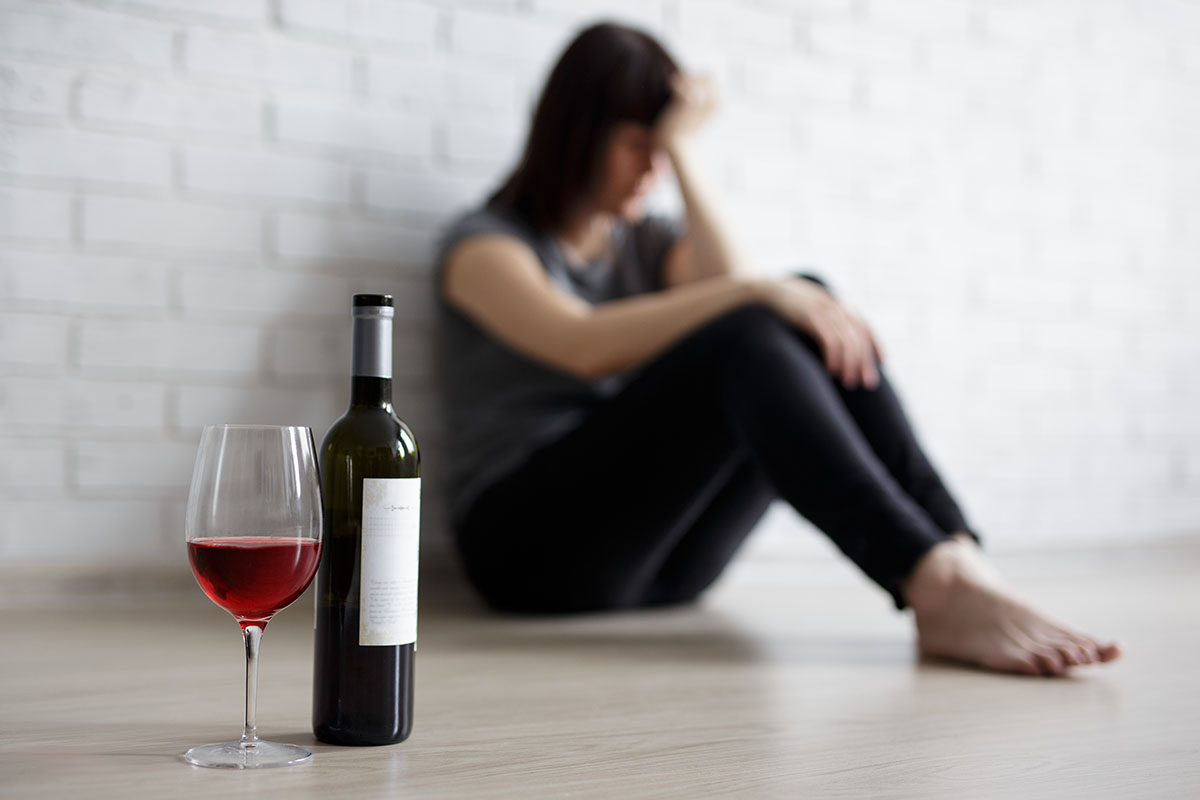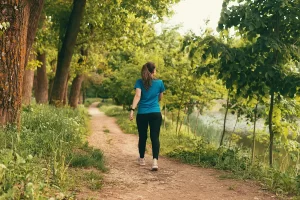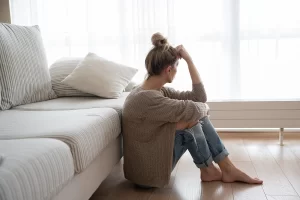Many people, maybe yourself included, struggle with anxiety and consume alcohol regularly. While some people do not realize how one affects the other, others feel it right away before, during, and after drinking alcohol.
Alcohol is a chemical depressant and when consumed, it affects how essential neurotransmitters operate within the brain. Alcohol also impairs parts of the brain that are designed to help you regulate emotions, make decisions, use judgment, and remember things. This is why it’s common for people to report that they say and do things while drinking that they wouldn’t have if they didn’t have alcohol in their system. This is also why some people struggle to regulate emotions while under the influence, don’t always remember details after a night of drinking, and feel more anxious or depressed during or shortly after consuming alcohol.
So how does this impact anxiety? Symptoms of anxiety can include: feeling nervous, anxious, or on edge, difficulty relaxing, trouble controlling thoughts of worry, and feeling afraid that something terrible might happen. When we are anxious and consume alcohol, the alcohol affects our brain, which affects how we regulate emotions. This can cause a change in our emotional state and how we’re feeling during and after consuming alcohol.
Signs your alcohol use may be impacting your anxiety symptoms:
- You feel you need to have a drink or several in order to feel less anxious/on edge
- When you start drinking, you begin to feel yourself become relaxed and less worried
- You notice yourself wanting to have a beer, a glass of wine, or mixed drink after a stressful day where you’re struggling to decompress, relax, or sleep
- You feel more anxious and struggle to cope on days when you’re experiencing symptoms of anxiety/worry and you haven’t drank or are unable to consume alcohol
- You feel more anxious, shaky, on edge, and/or have intrusive negative thoughts about yourself after a night of drinking or drinking more than usual (hangover anxiety)
- You feel you need to drink something in order to shut your mind off and sleep
- You wake up exhausted after drinking and more anxious than before you started drinking the day before
If you feel you’re using alcohol to cope with your symptoms or feel your symptoms are being negatively impacted by your alcohol use, it’s time to consider finding alternative coping strategies and decreasing or completing stopping alcohol use. If you are unsure what other coping tools to try, or are needing support addressing your symptoms, therapy or counseling could also be helpful. Reach out to us today to discuss how we can support you in managing your anxiety more effectively.




